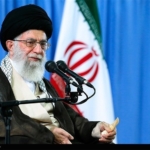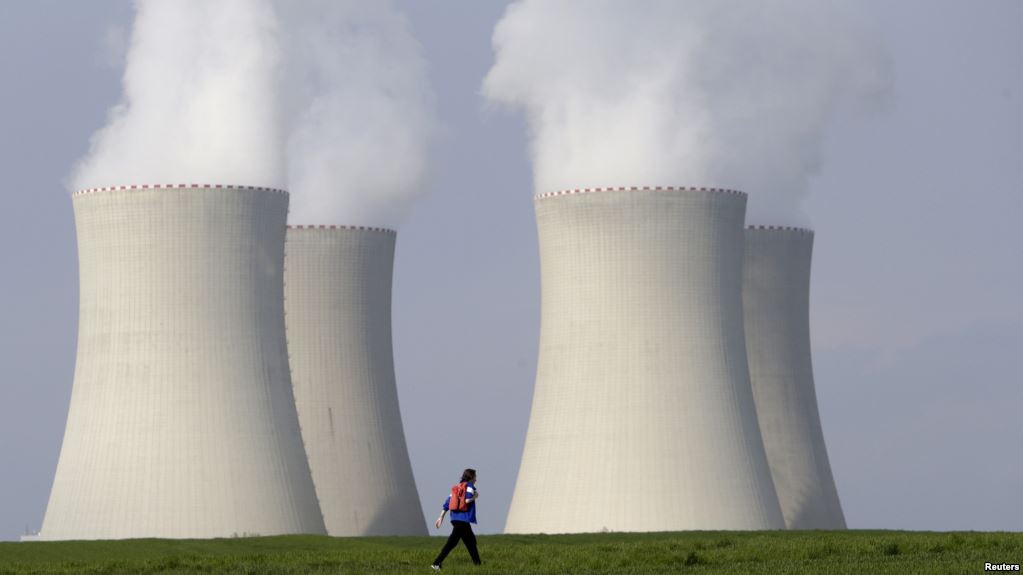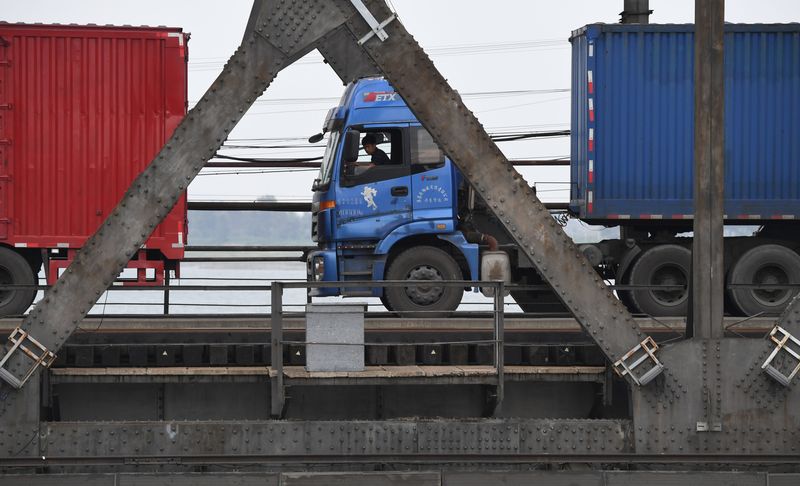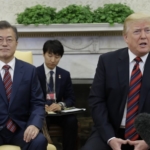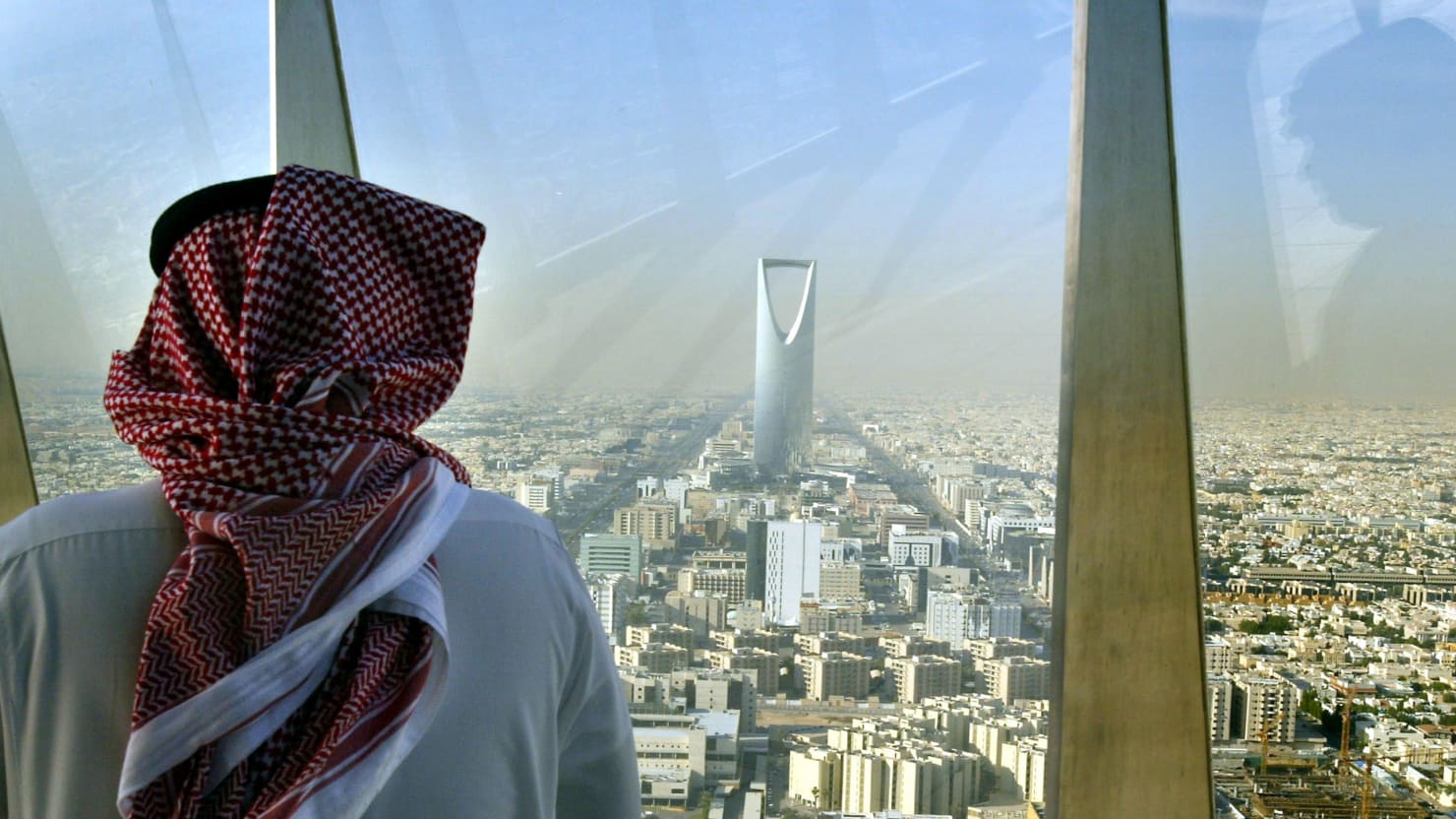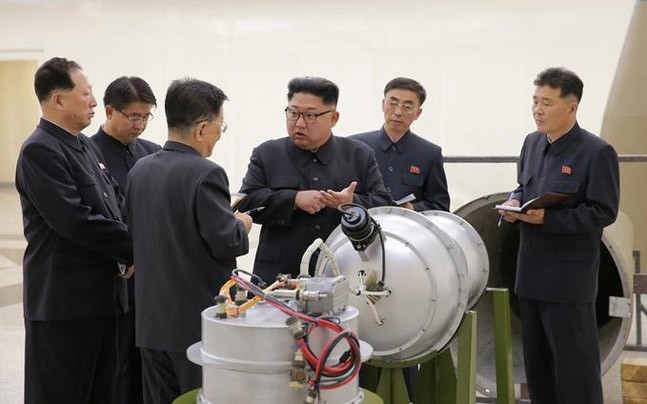Commander of the Iranian Navy: Production of Nuclear Propulsion Systems on Agenda

Speaking in a televised interview, the commander of the Iranian Navy Rear Admiral Hossein Khanzadi, stressing that one of the major tasks of the Navy is to defend the country in times of war, announced the intention to employ submarine vessels equipped with diesel or nuclear propulsion systems. In fact, the Navy has put the production of nuclear propulsion systems on its agenda. Nuclear propulsion system is more advantageous than diesel one because it increases submarines’ ability to remain submerged and thus increases the country’s deterrent power. “Given that in recent years, there have been good advances in the country’s nuclear science, the production of nuclear propulsion (systems)… is on the agenda of the Navy”, as commander Rear Admiral Khanzadi said. In recent years, Iranian military experts and technicians have made great progresses in manufacturing a broad range of indigenous equipment, making the armed forces self-sufficient in the arms sphere. Tehran has always assured other nations that its military might poses no threat to the regional countries: the Islamic Republic’s defense doctrine is entirely based on deterrence.


